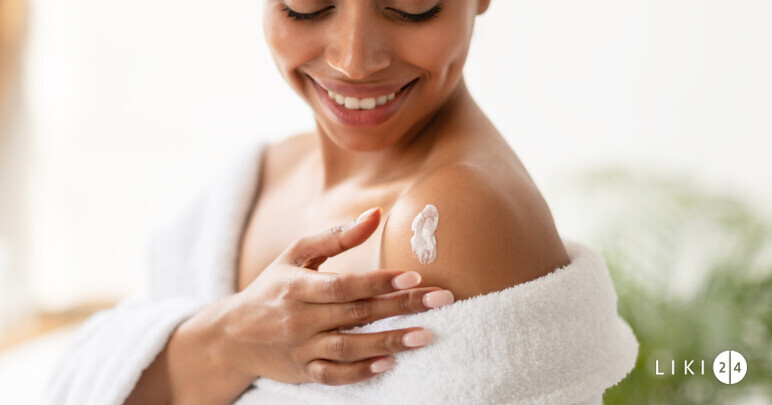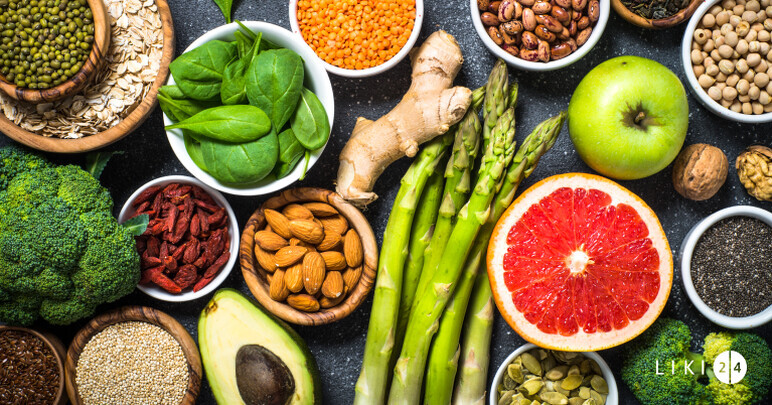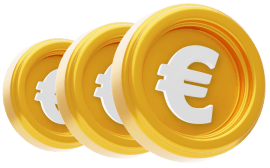Aescin Forte 30 mg - FG Pharma 1×60 tbl
Aescin
Description Aescin
Les informations de la section Questions et réponses ont été rédigées par l'équipe Liki24.be et sont basées sur la brochure officielle du fabricant.
Aescin est un médicament formulé pour traiter l'insuffisance veineuse chronique, les varices et les œdèmes post-opératoires et post-traumatiques. Le principal principe actif est l'escine, une saponine dérivée de l'extrait de marron d'Inde (Aesculus hippocastanum) reconnue pour ses effets anti-inflammatoires et anti-œdémateux.
Escin agit en réduisant la perméabilité des vaisseaux sanguins et en améliorant le tonus vasculaire, ce qui le rend utile pour réduire les gonflements et l'inconfort associés aux troubles circulatoires.
Formes de libération
L'aescine est disponible sous deux formes principales :
- Comprimés pelliculés : chaque comprimé contient 20 mg d'alpha-escine et est destiné à être administré par voie orale.
- Gel à usage externe : Aescin gel contient 20 mg d'alpha-escine par gramme, ainsi que de l'héparine et du salicylate de diéthylamine.
Indications pour l'utilisation
Aescin est indiqué pour le traitement et la prévention de plusieurs conditions, y compris :
- Insuffisance veineuse chronique : Aescin aide à soulager les symptômes tels que les jambes lourdes, les œdèmes, les varices et les crampes musculaires.
- Œdème postopératoire et post-traumatique : il est efficace dans la prévention et le traitement de l'œdème et de l'hématome à la suite d'une intervention chirurgicale ou d'un traumatisme.
- Varices et phlébites : L'aescine est utile pour traiter l'inflammation des veines et prévenir la thrombose veineuse.
- Douleur et inflammation locales : Aescin gel peut être appliqué sur les zones affectées pour réduire la douleur et l'inflammation dans les membres inférieurs.
Schéma posologique
La posologie varie en fonction de la forme de libération et du but de l'utilisation :
Comprimés pelliculés - La dose habituelle est de 2 comprimés d'Aescin 3 fois par jour, de préférence après un repas, avec un verre d'eau. Après 2 à 3 mois de traitement, vous pouvez passer à une dose d'entretien de 2 comprimés deux fois par jour.
Gel à usage externe - Appliquer une fine couche de gel sur la zone affectée 3 à 5 fois par jour. Il est important de masser doucement le gel pour faciliter l'absorption des principes actifs.
Contre-indications
Aescin n'est pas recommandé dans les situations suivantes :
- Allergies à l'alpha-sescine, à l'héparine, aux salicylates ou à l'un des excipients.
- Maladie rénale grave : l'alpha-escine peut altérer la fonction rénale et est contre-indiquée chez les patients souffrant d'insuffisance rénale.
- Grossesse et allaitement : les femmes enceintes et allaitantes doivent éviter d'utiliser le médicament sans l'avis de leur médecin.
Si vous souffrez de maladies chroniques graves, demandez un avis médical avant de prendre Aescin.
Aescin gel ne doit pas être appliqué sur des plaies ouvertes, une peau irradiée ou des muqueuses.
Spécificités d'utilisation
Un test de sensibilité cutanée est recommandé avant d'utiliser le gel, en particulier chez les personnes ayant des antécédents d'allergies.
Pour un traitement efficace de l'insuffisance veineuse, il est recommandé d'associer le produit à des mesures non pharmacologiques telles que le port de bas de compression et l'application de compresses froides.
Effets secondaires
Comme tout médicament, Aescin peut provoquer des effets secondaires. Ceux-ci comprennent :
- Dermatite allergique, démangeaisons, rougeurs, éruptions cutanées ou urticaire
- Vertiges, maux de tête, nausées, vomissements ou diarrhées .
Interactions avec d'autres médicaments et aliments
Aescin peut interagir avec d'autres médicaments et affecter leur effet :
- Anticoagulants : l'utilisation concomitante peut augmenter le risque de saignement, d'où la nécessité de surveiller attentivement les paramètres de coagulation.
- Antibiotiques aminoglycosides : risque de toxicité accrue pour les reins
Surdose
En cas de surdosage des comprimés d'Aescin, des symptômes tels que des nausées, des vomissements, des douleurs abdominales ou une irritation gastro-intestinale peuvent survenir.
Dans le cas du gel, une application excessive peut provoquer une irritation locale et des réactions cutanées allergiques.
En cas de suspicion de surdosage, il est recommandé de consulter un médecin et de boire des liquides pour diluer les substances actives dans l'organisme.
Conditions de stockage
Aescin doit être conservé à température ambiante, à l'abri de la lumière directe et de l'humidité. Le produit ne doit pas être laissé à la portée des enfants. Aescin gel doit être conservé dans son emballage d'origine, fermé hermétiquement.
Littérature utilisée
QUESTIONS FRÉQUEMMENT POSÉES
Aescin peut-il être utilisé par les enfants ?
L'utilisation d'Aescin n'est pas recommandée chez les enfants et les adolescents de moins de 18 ans en raison d'un manque de données de sécurité dans cette tranche d'âge.
Puis-je utiliser Aescin à long terme ?
Oui, Aescin peut être utilisé à long terme, mais il est important que l'utilisation à long terme soit supervisée par un médecin. En cas d'insuffisance veineuse chronique ou d'autres affections vasculaires, un traitement à long terme peut être bénéfique pour réduire les symptômes et améliorer la qualité de vie.
Des restrictions alimentaires sont-elles recommandées pendant le traitement par Aescin ?
Pendant le traitement par Aescin, il n'y a pas de restrictions alimentaires spécifiques, mais certaines recommandations générales peuvent aider à optimiser les effets du médicament et à réduire le risque d'effets secondaires.
Évitez l'alcool car il peut irriter l'estomac et augmenter le risque d'inconfort gastro-intestinal, en particulier lors de la prise de comprimés d'Aescin.
Il est également utile de limiter l'excès de sel car il favorise la rétention d'eau, ce qui peut aggraver l'œdème et le gonflement des jambes.
Caractéristiques
| Catégorie | Médicaments OTC, Santé circulatoire, Santé circulatoire (varices), Anti-inflammatoires & analgésiques |
| Marque | FG Pharma, Teva Pharmaceuticals, Vulm Sk |
| Type de produit | Tablettes, Tablettes |
| Code АТC 1 | C05CX |



























